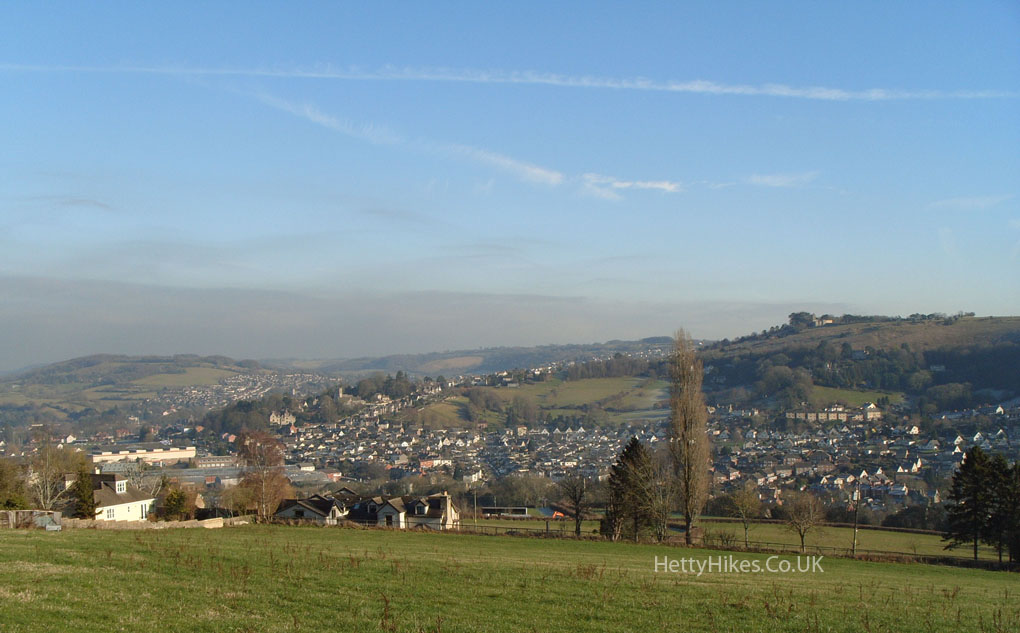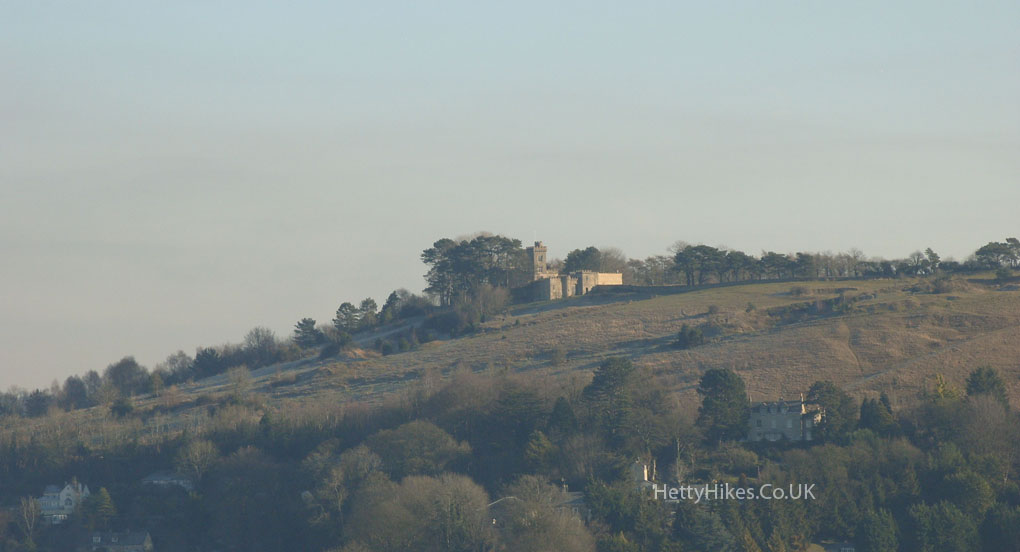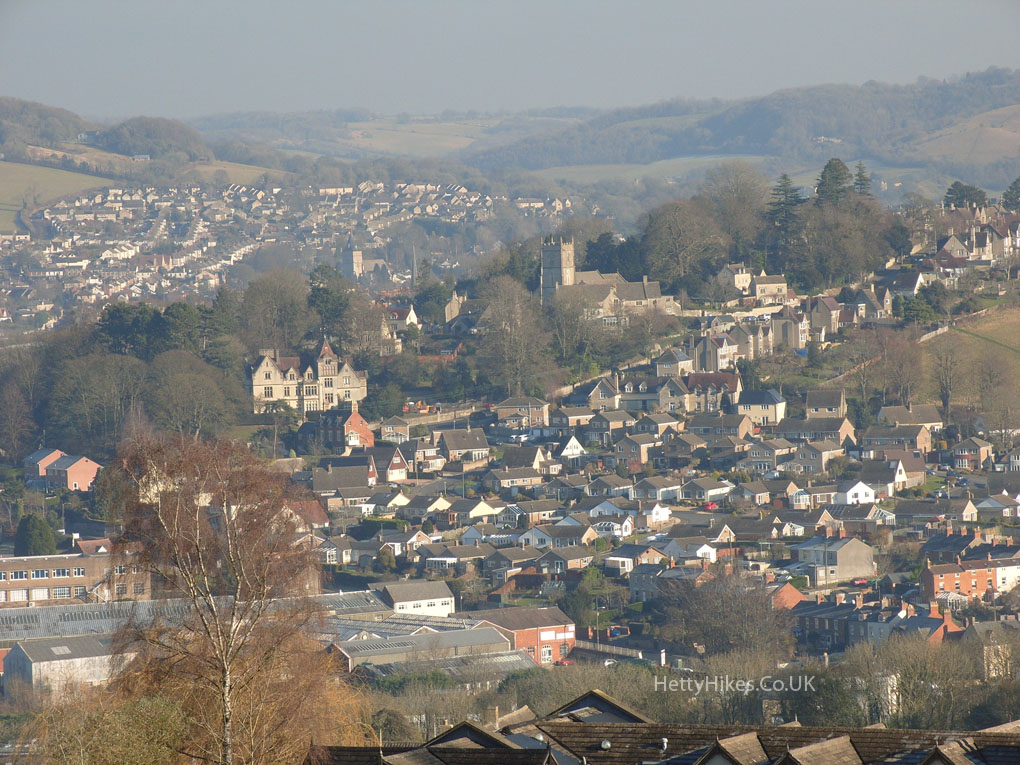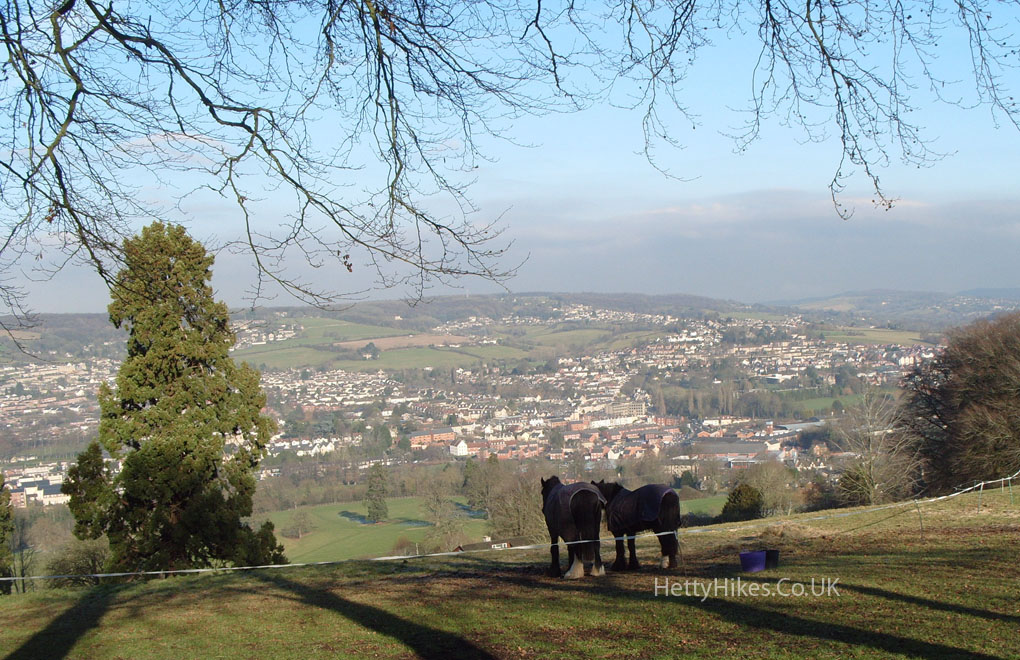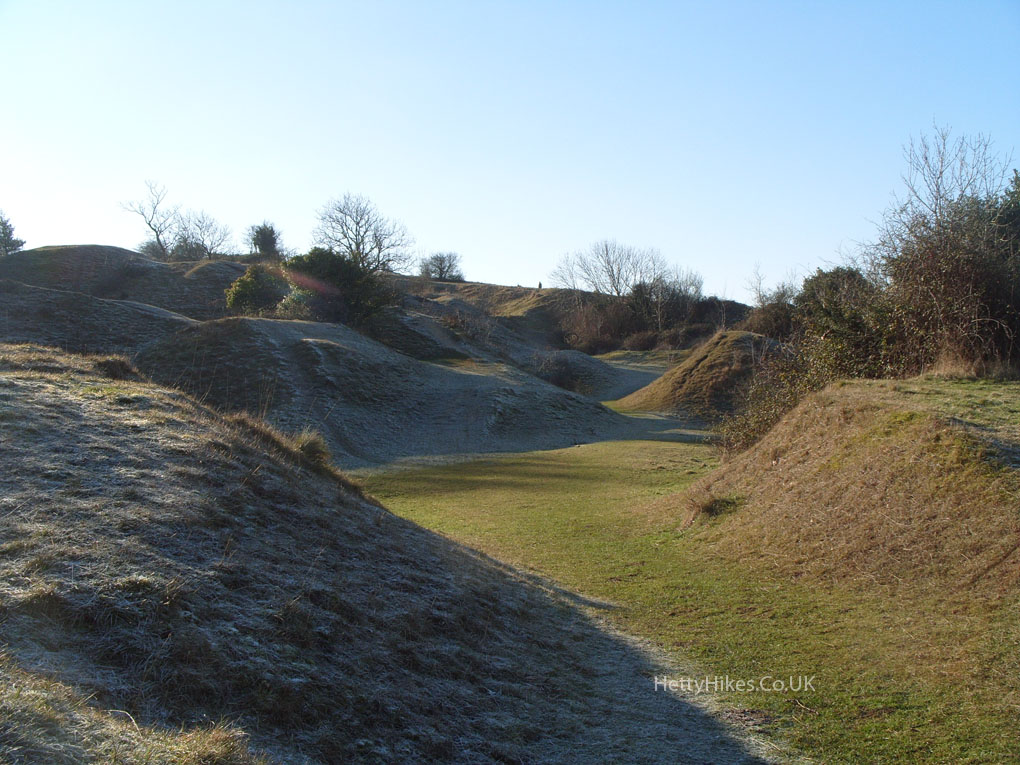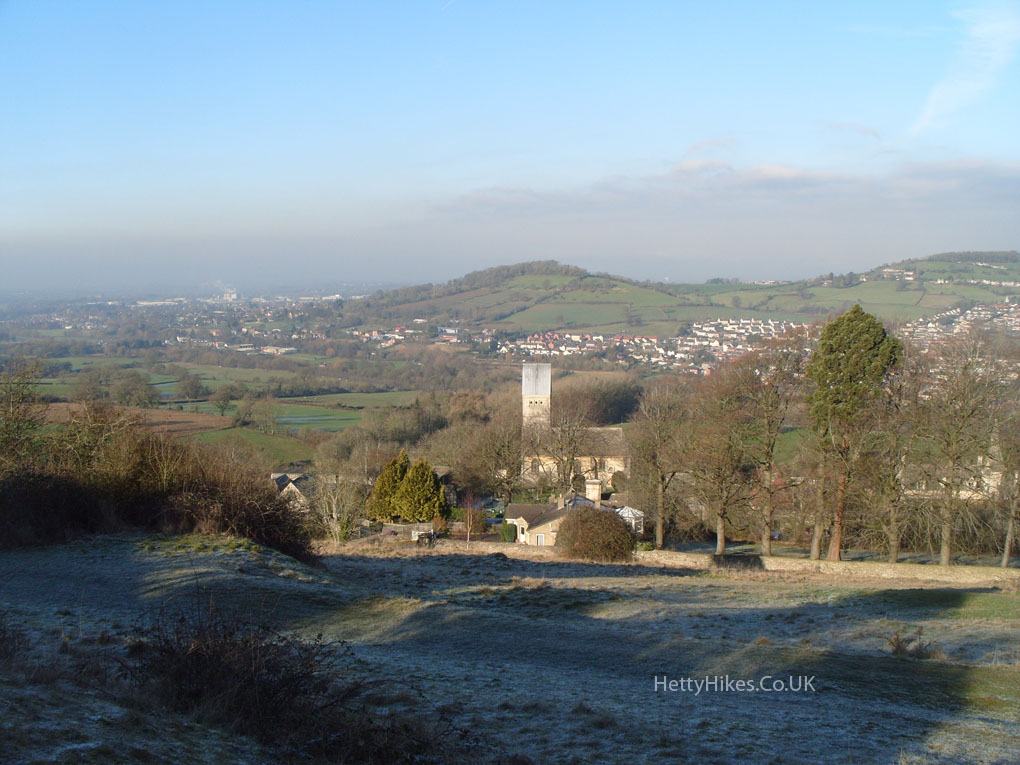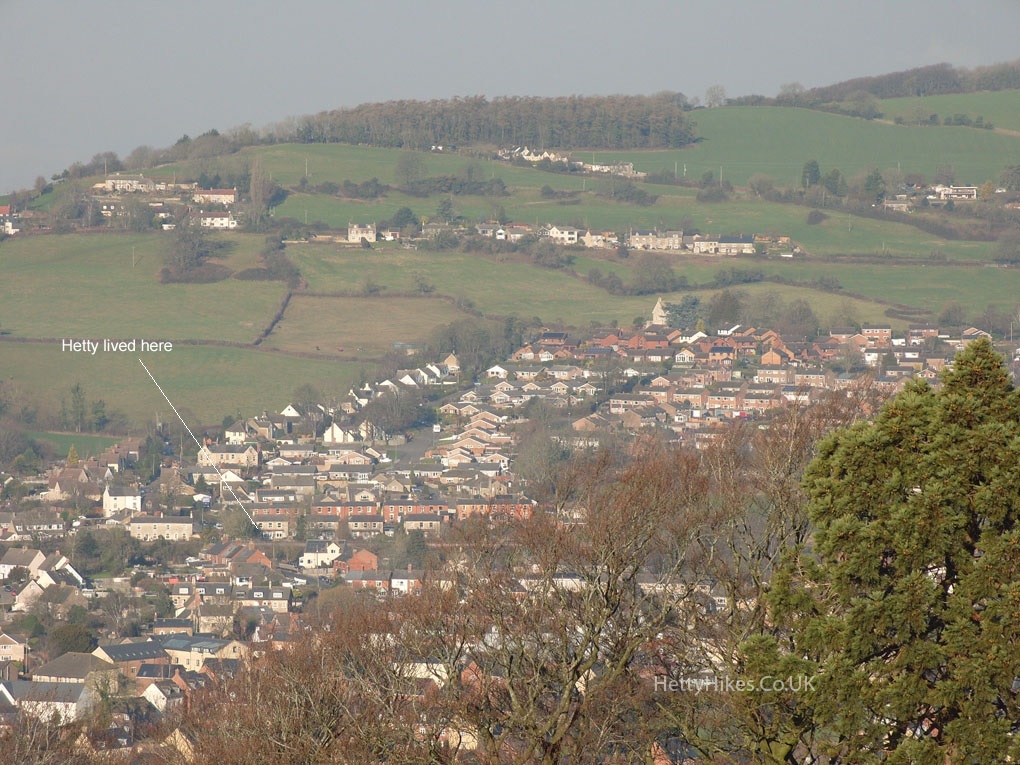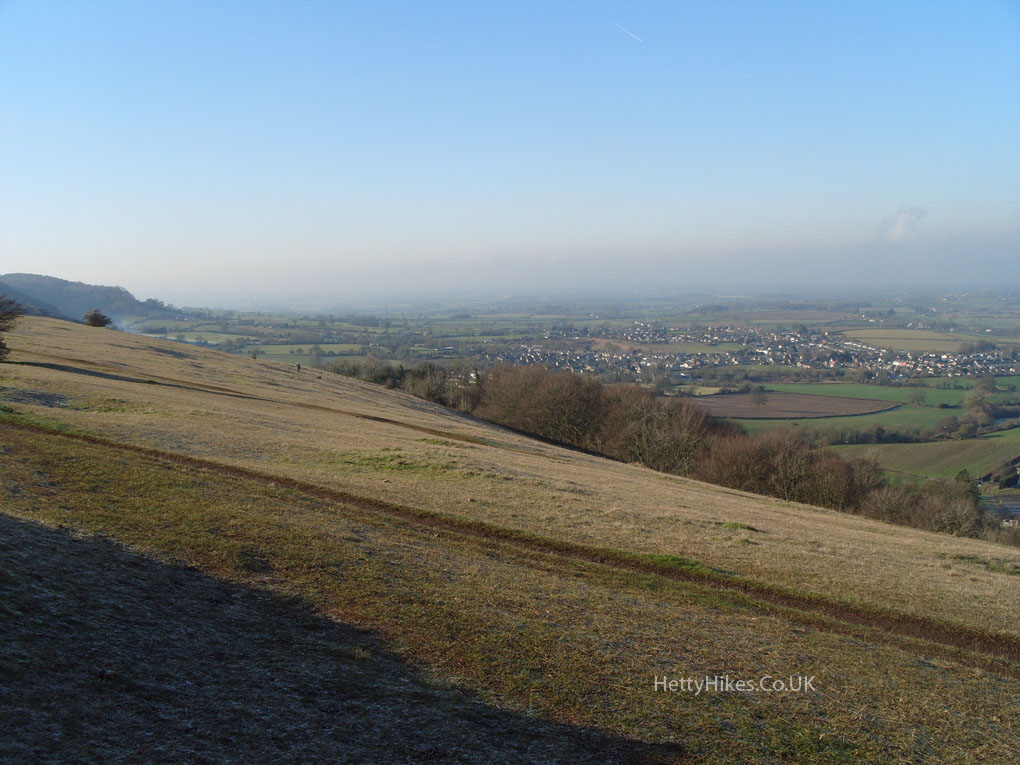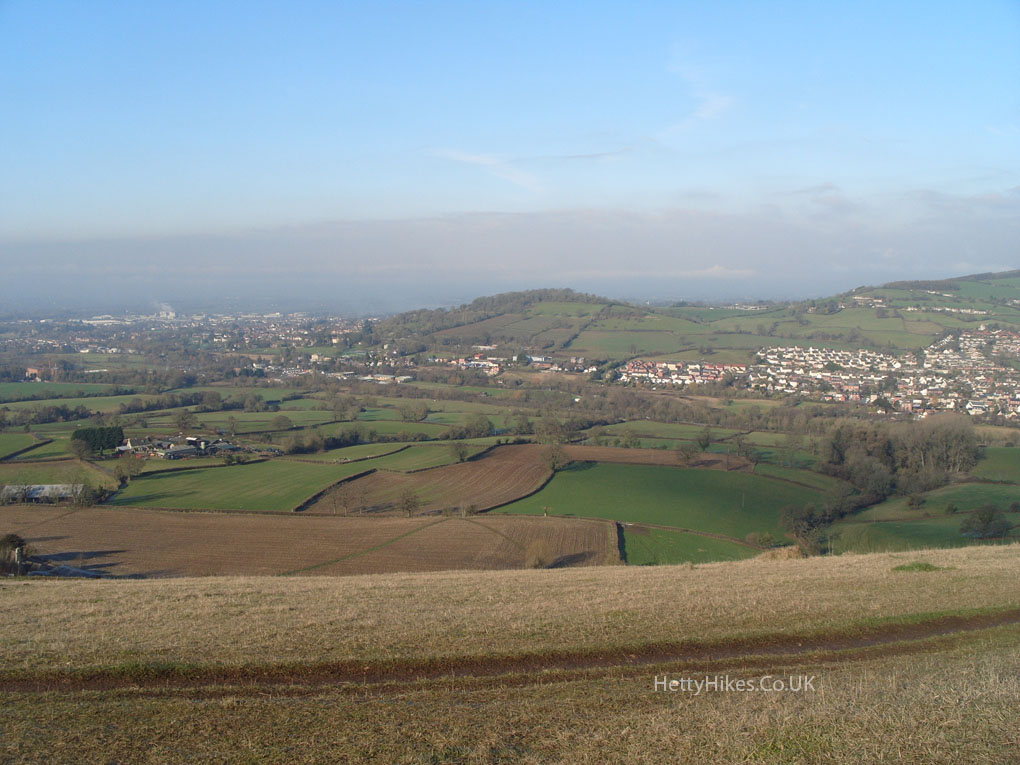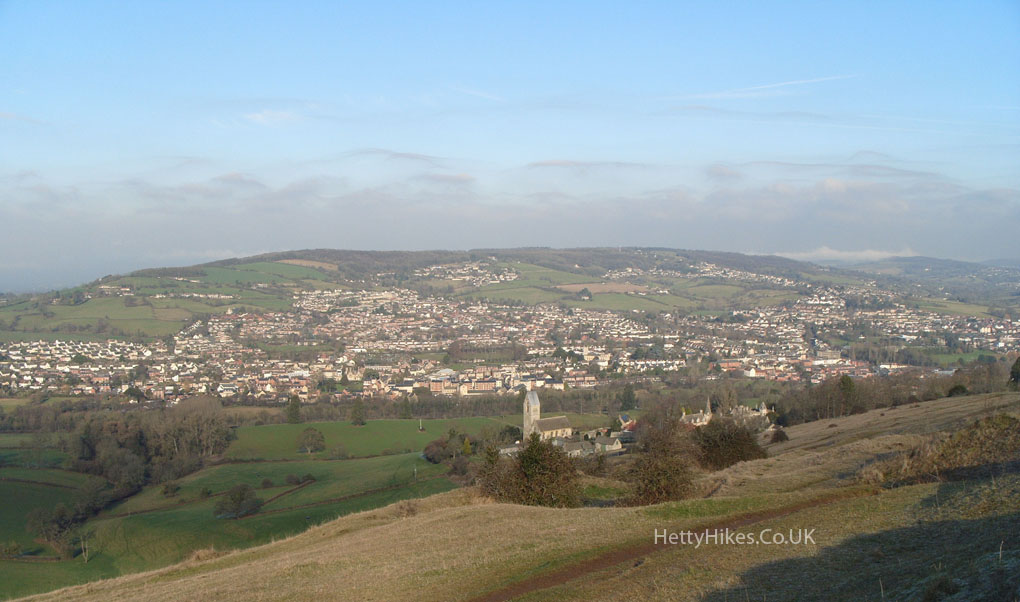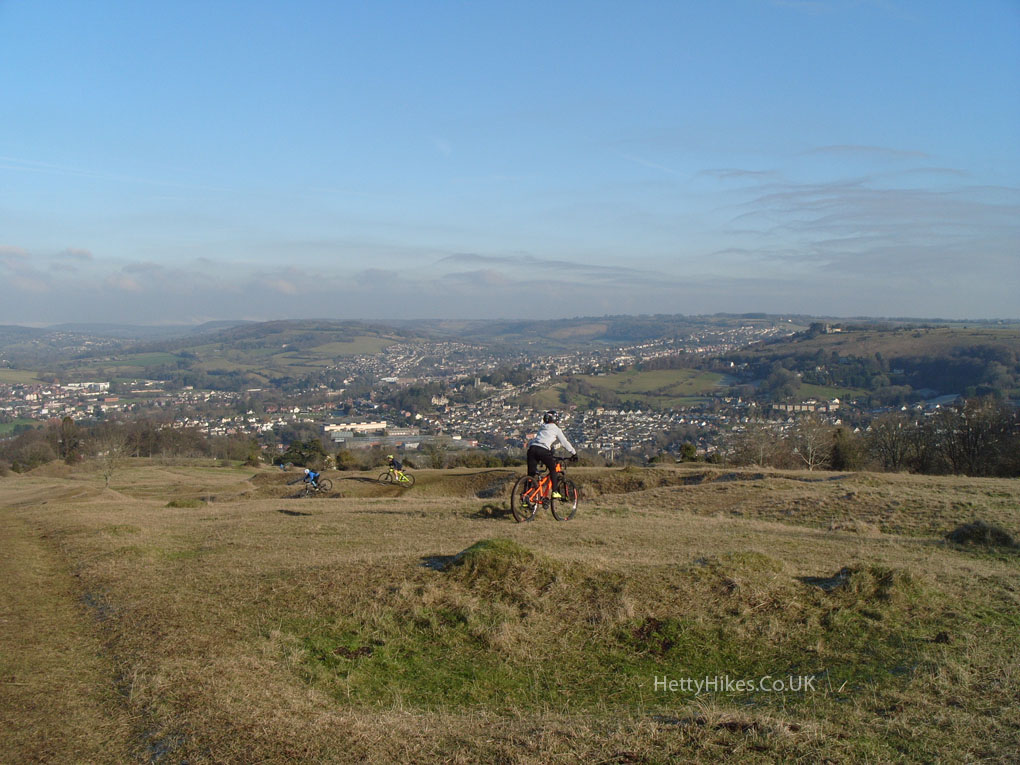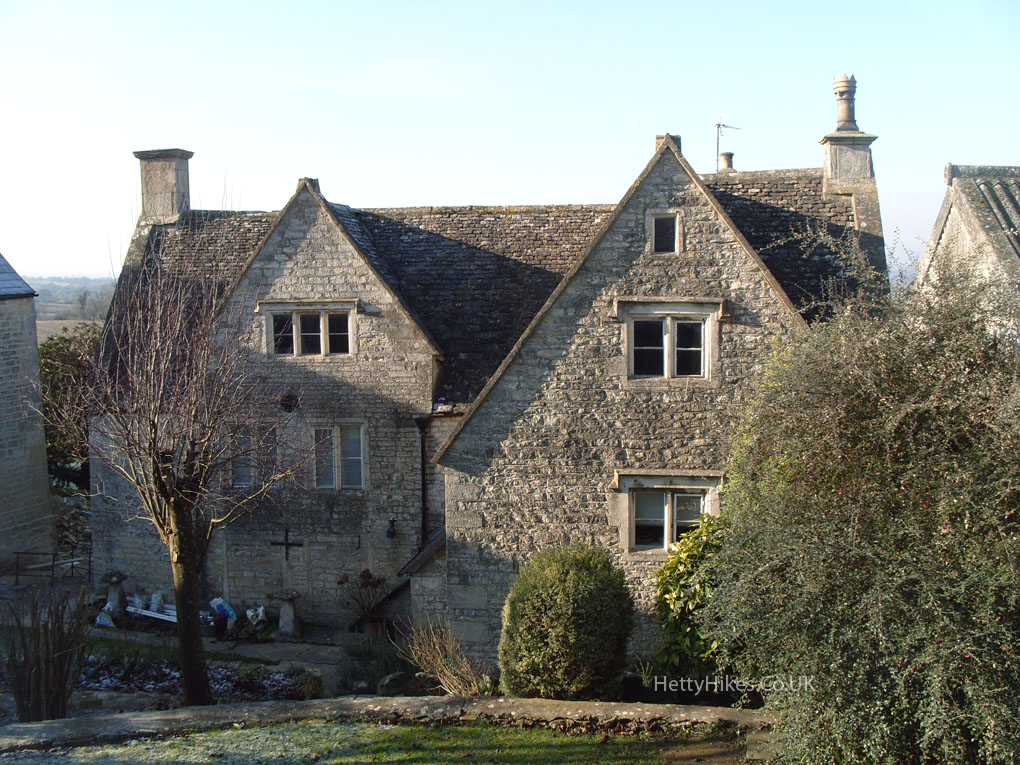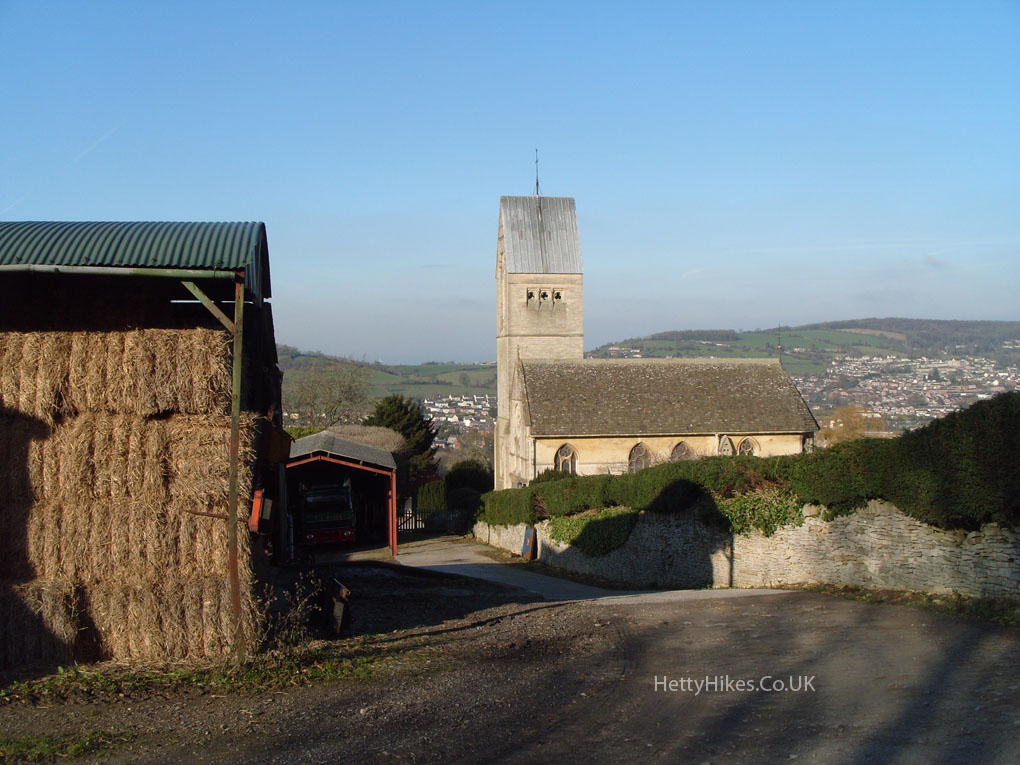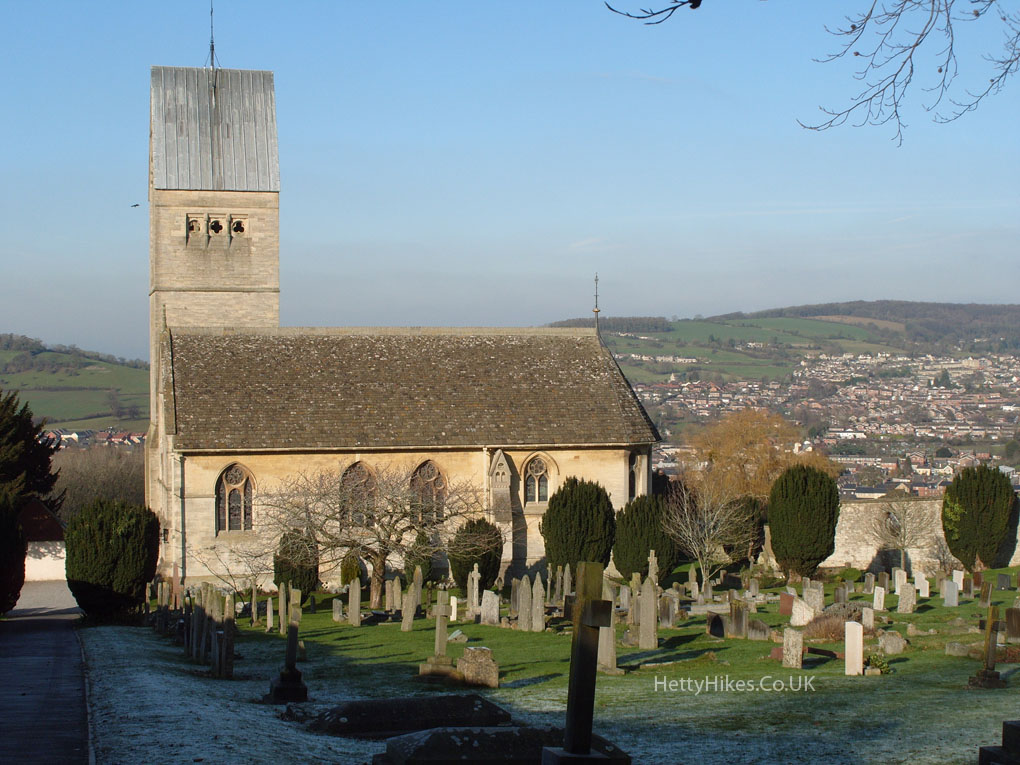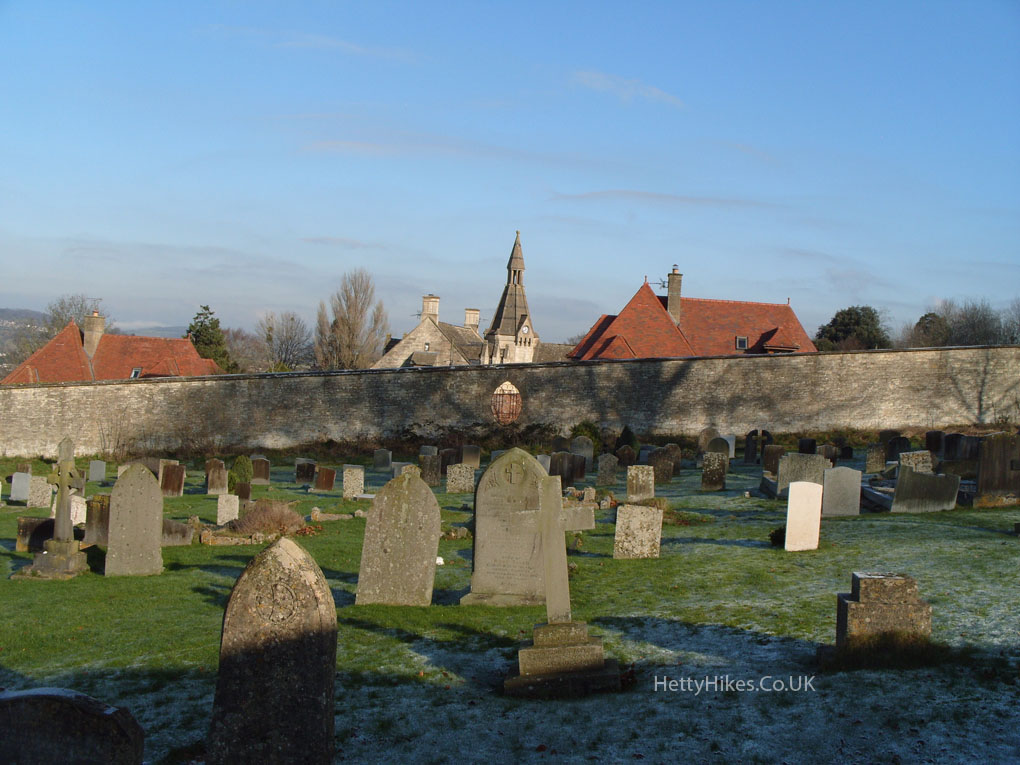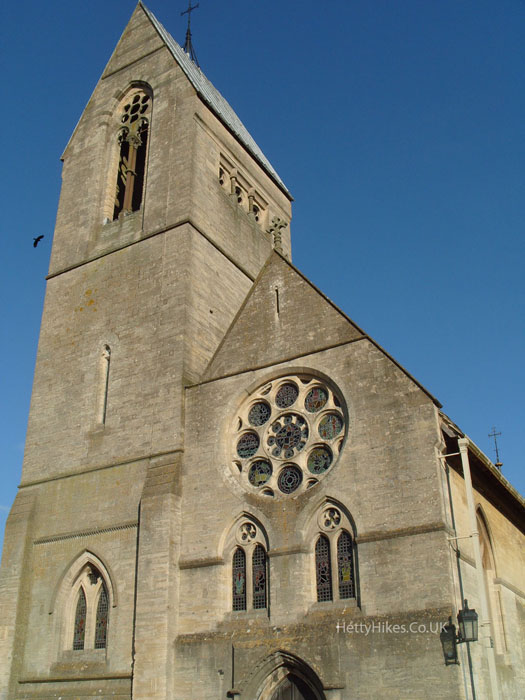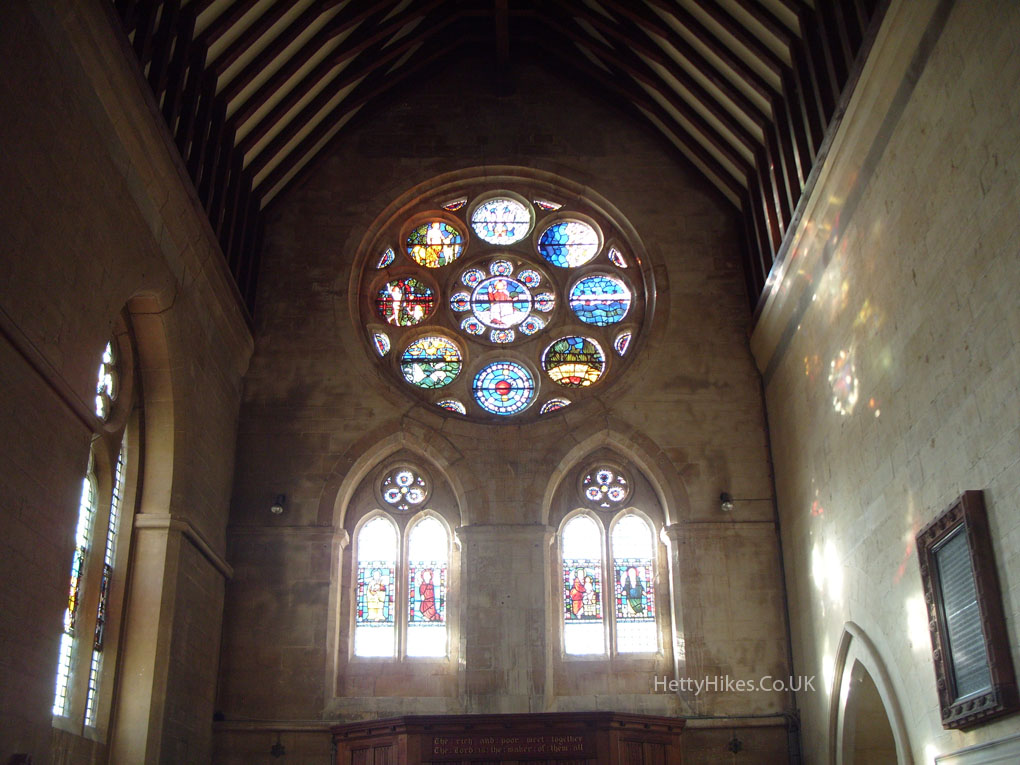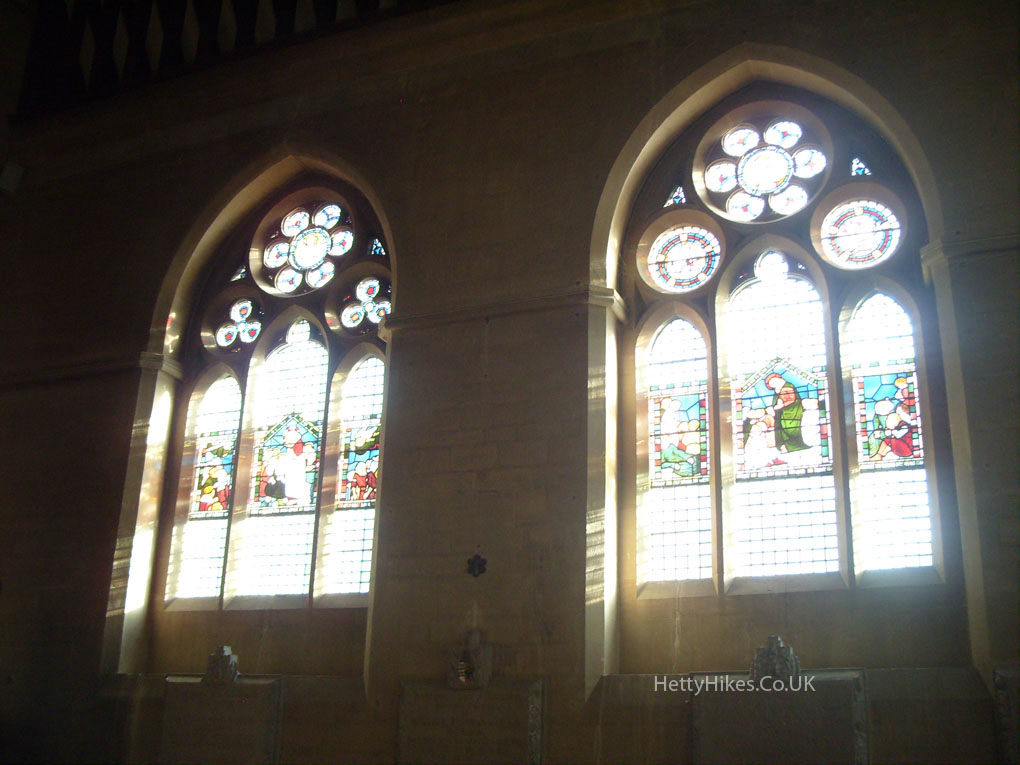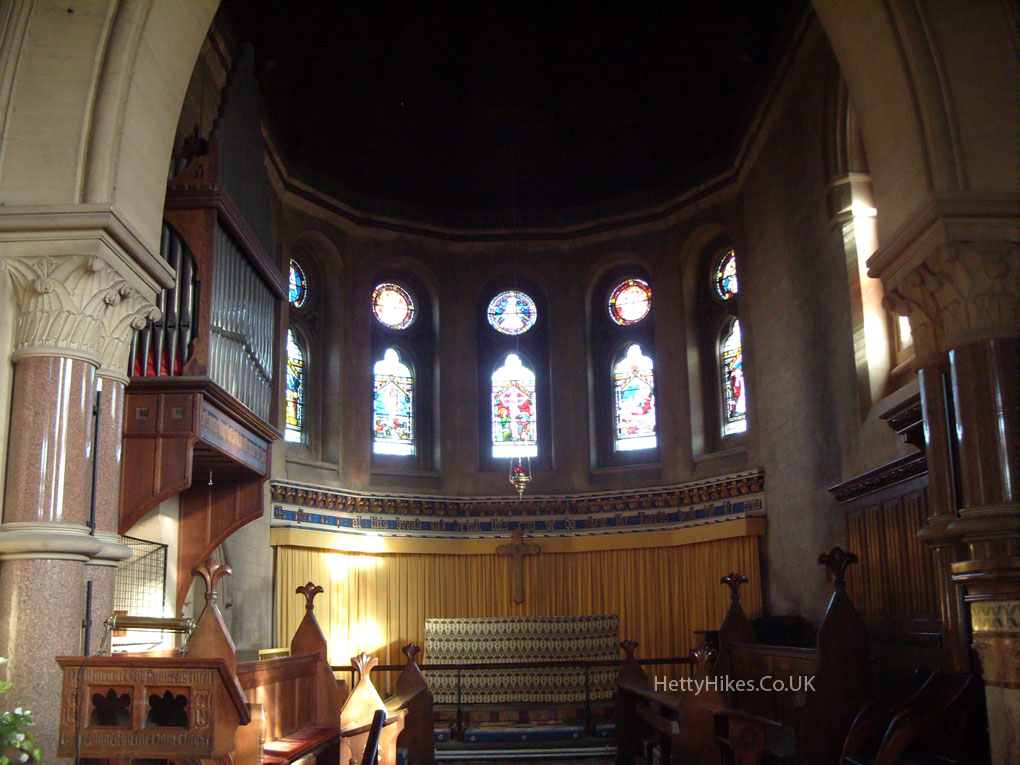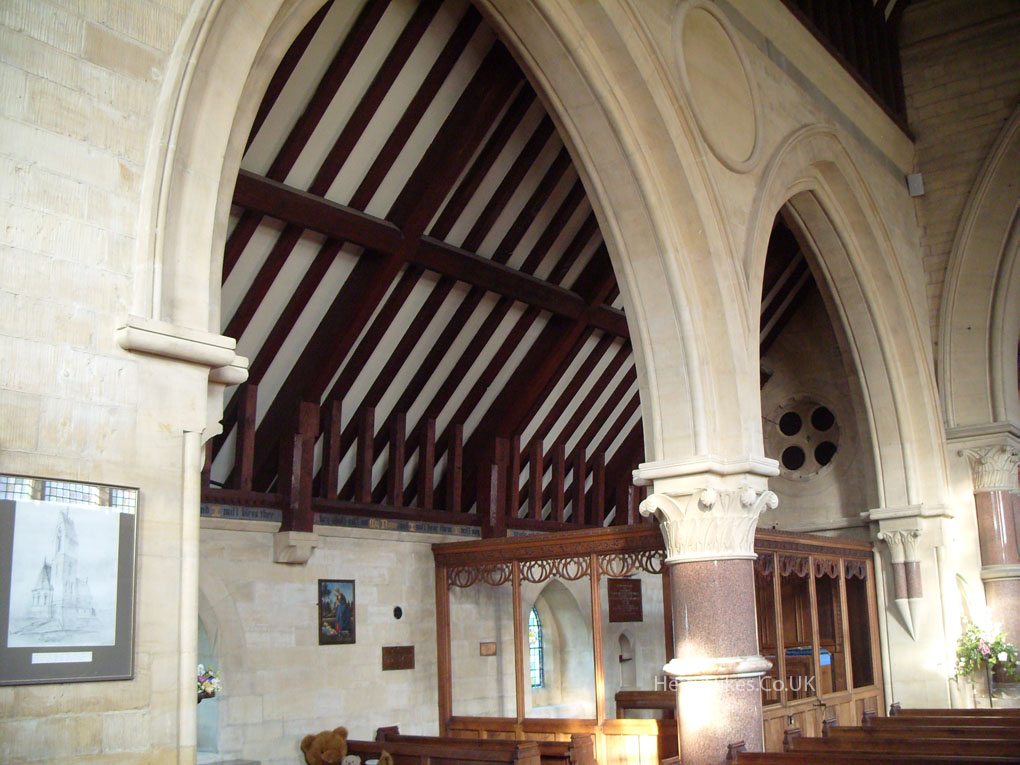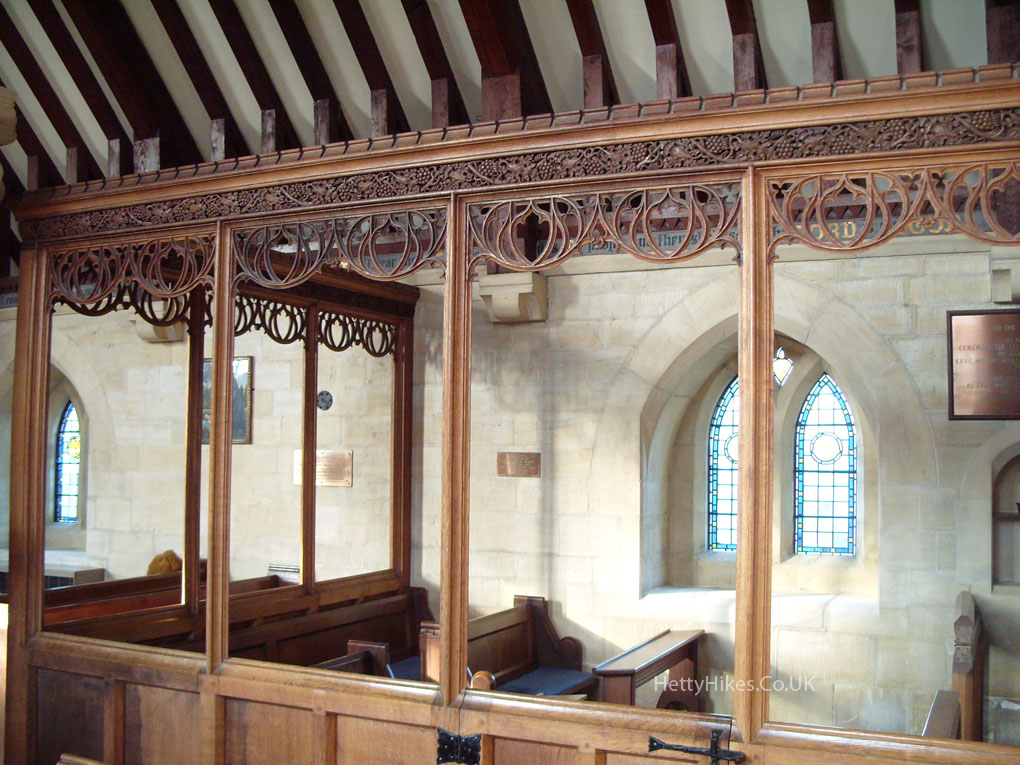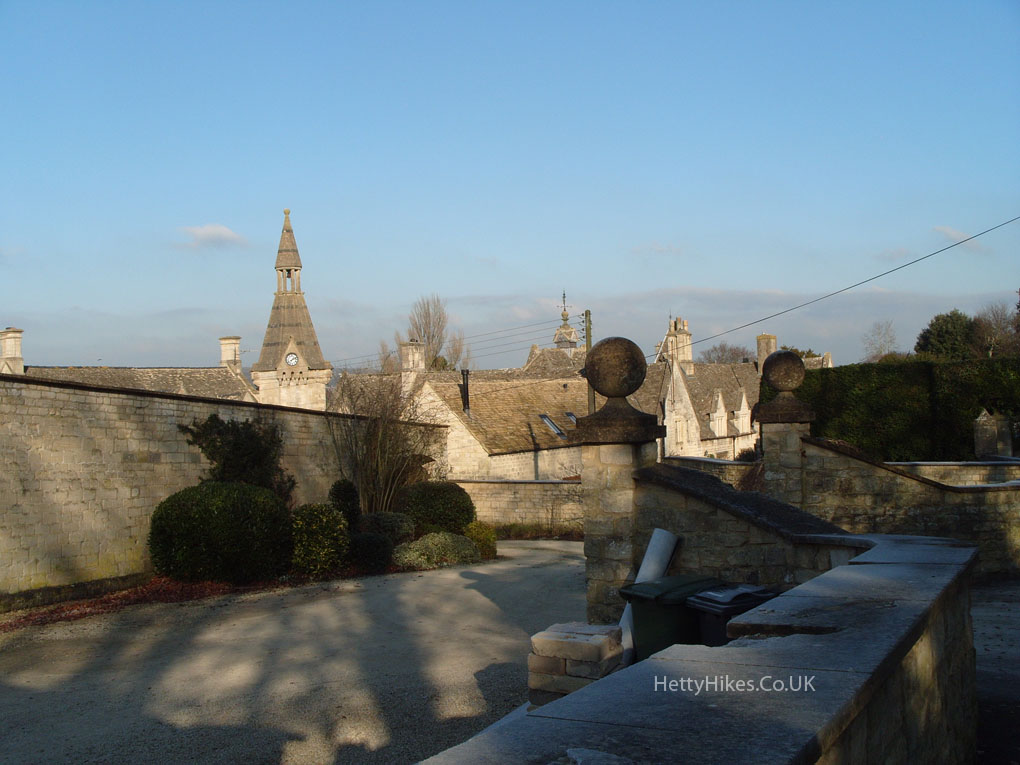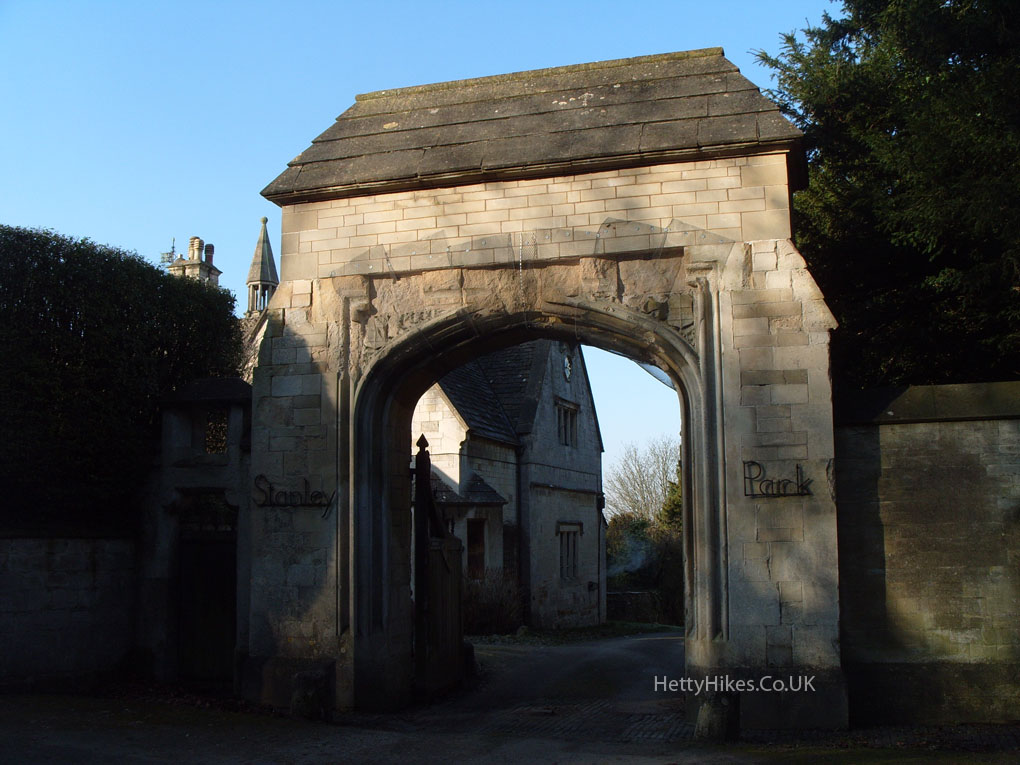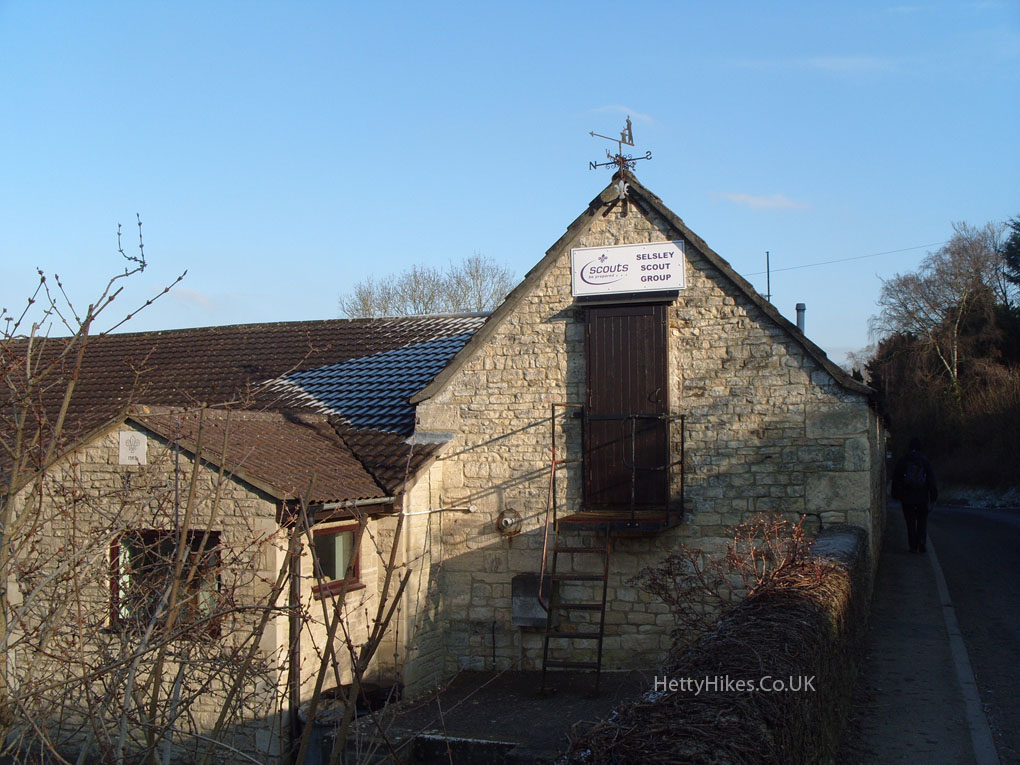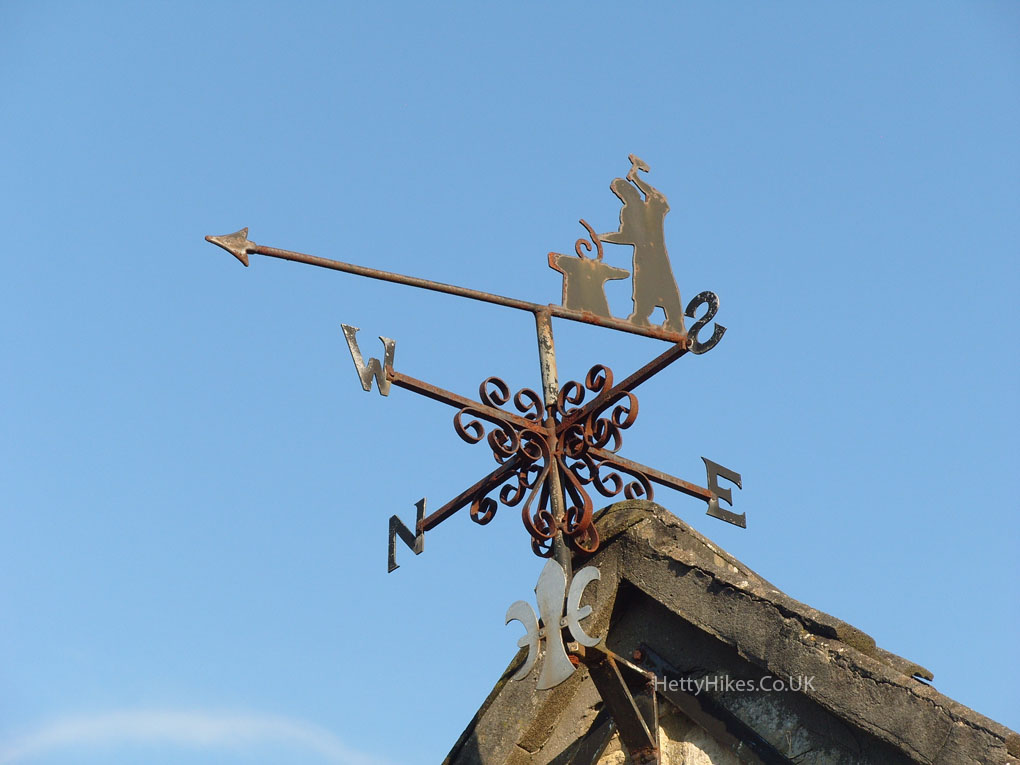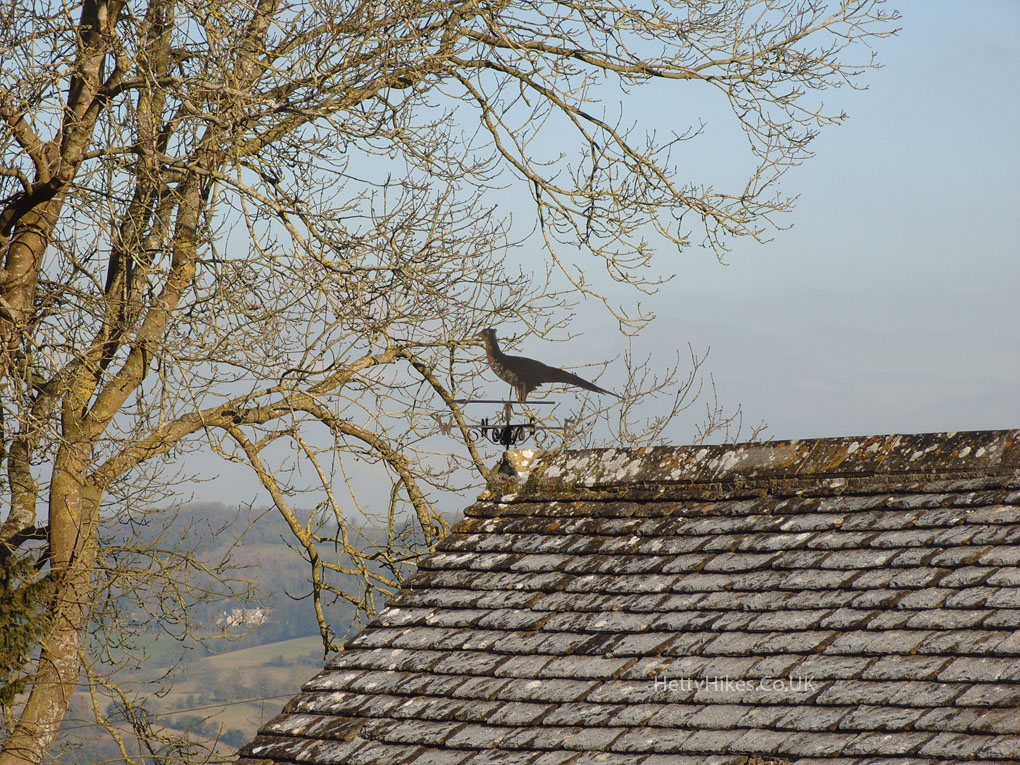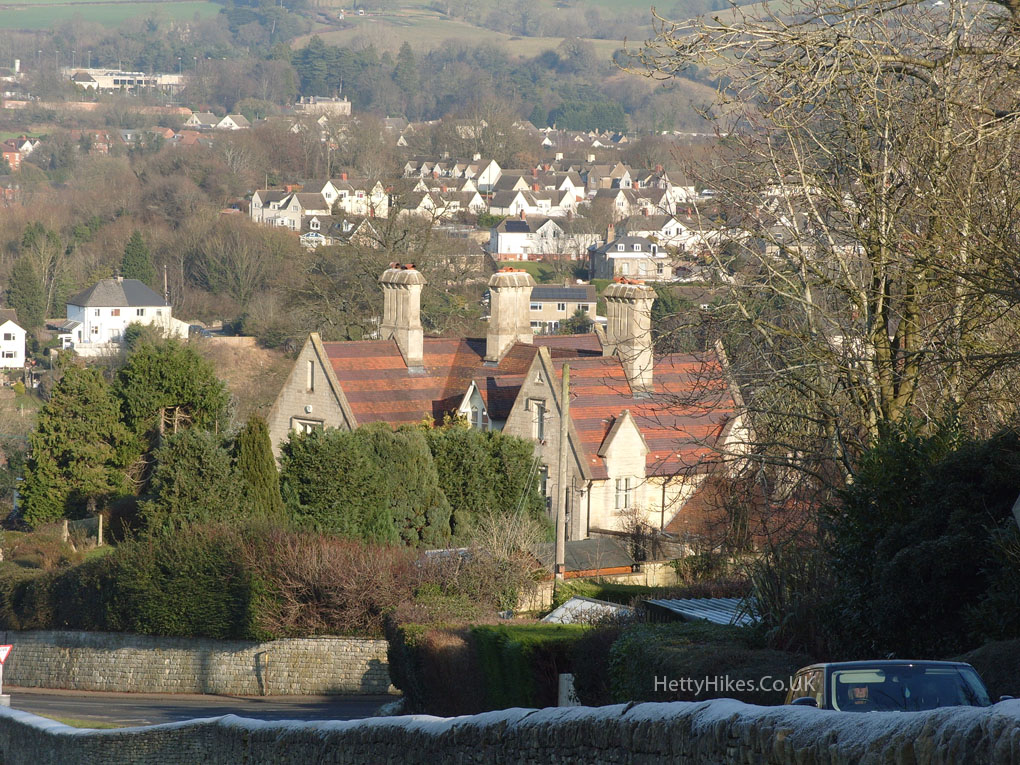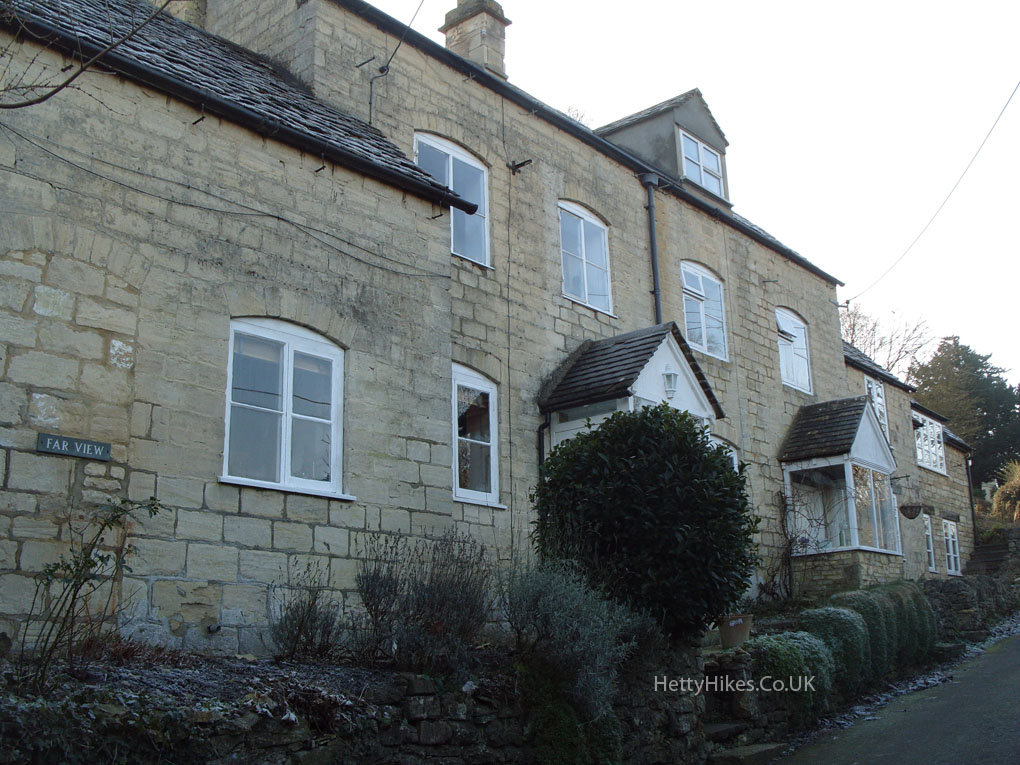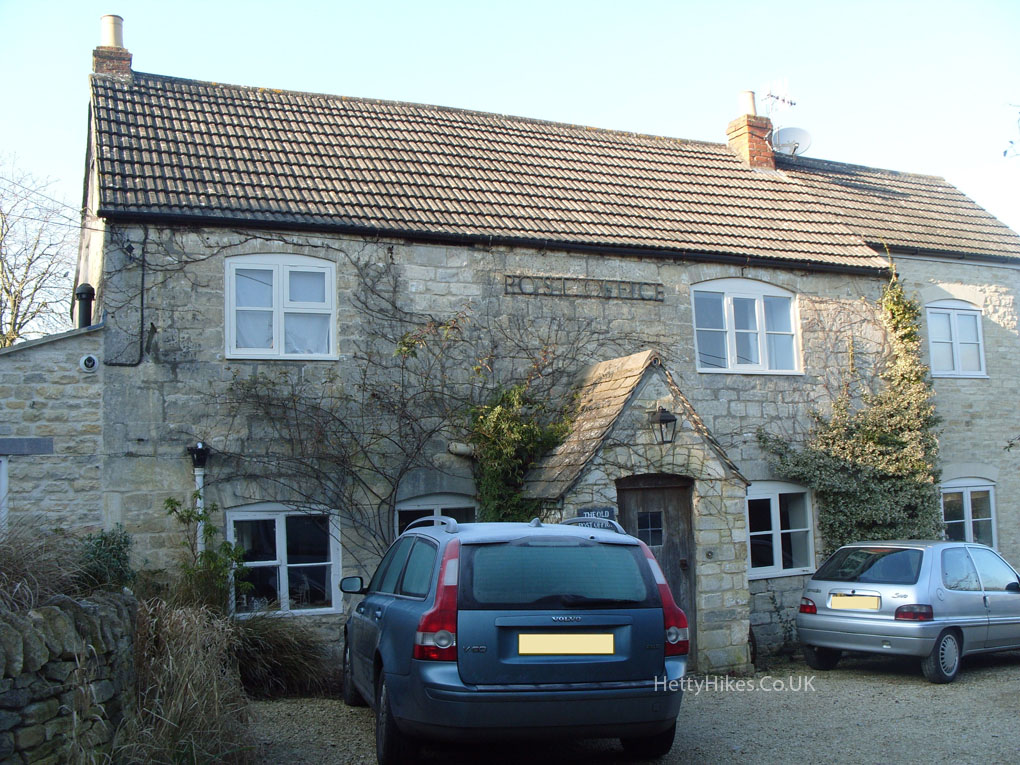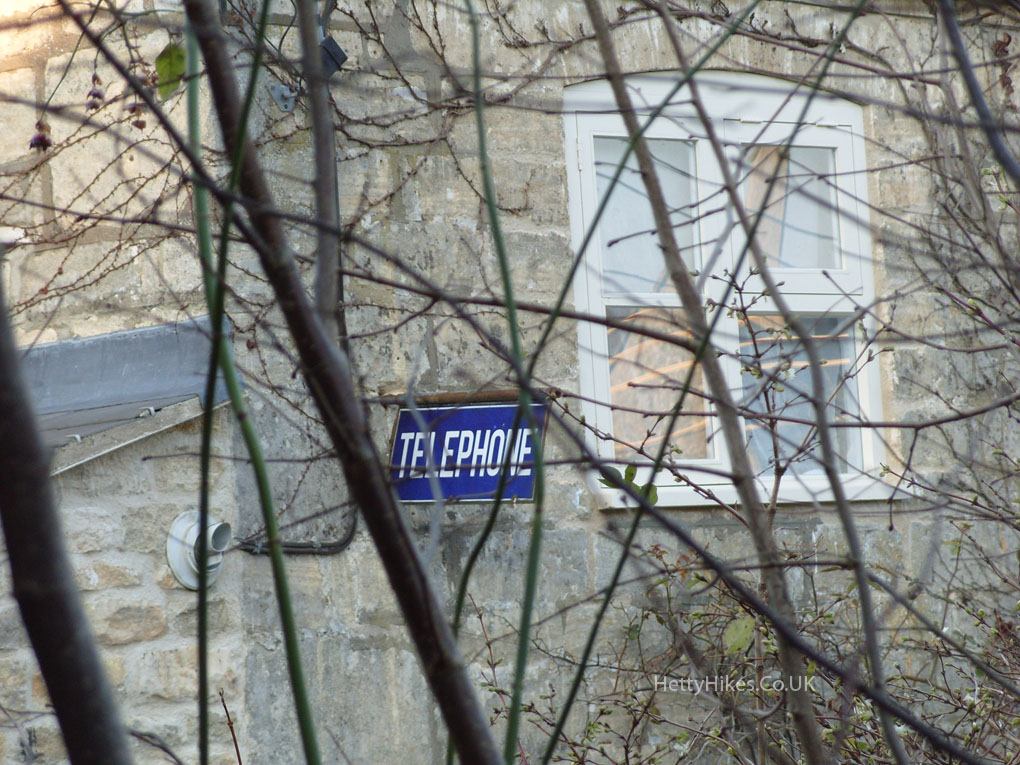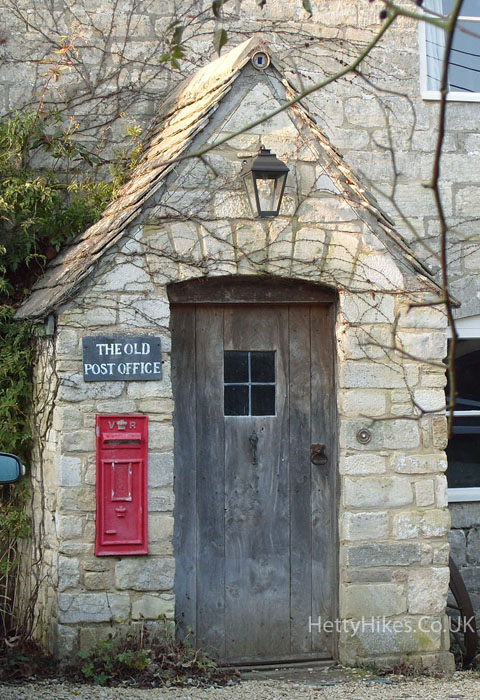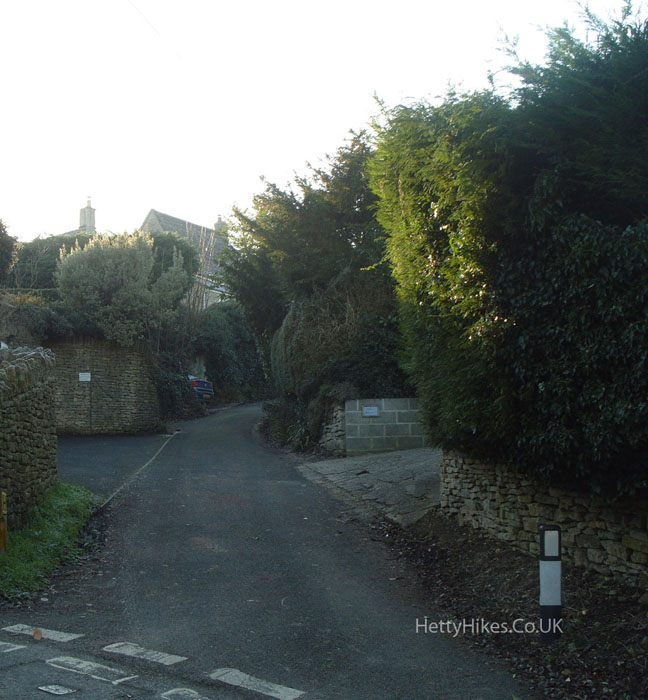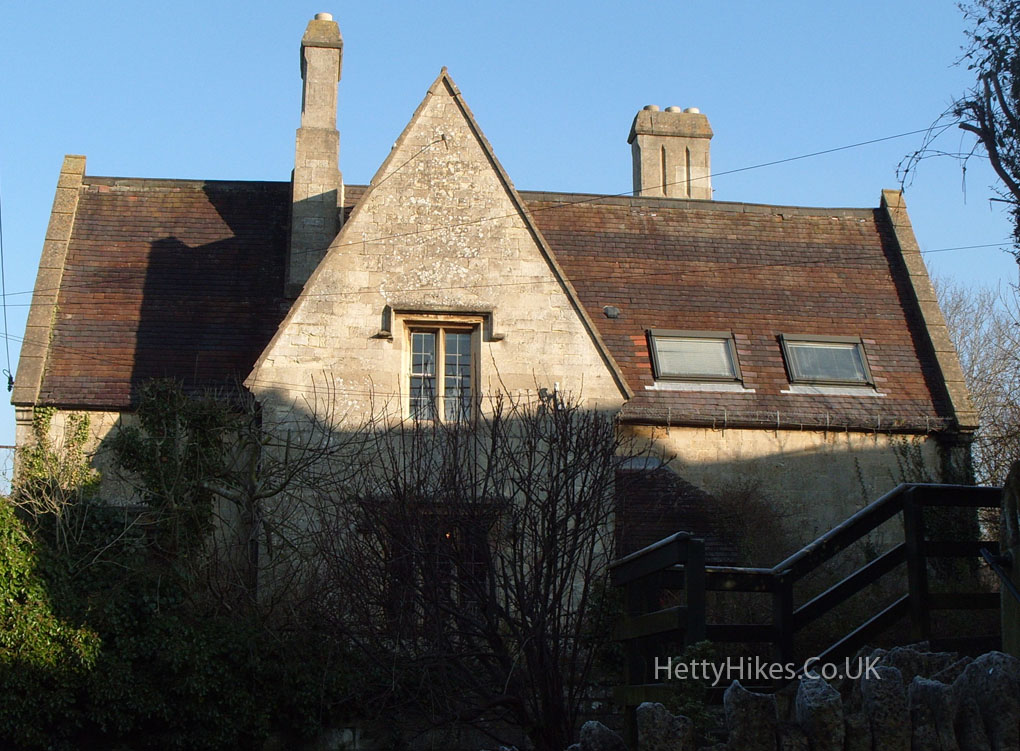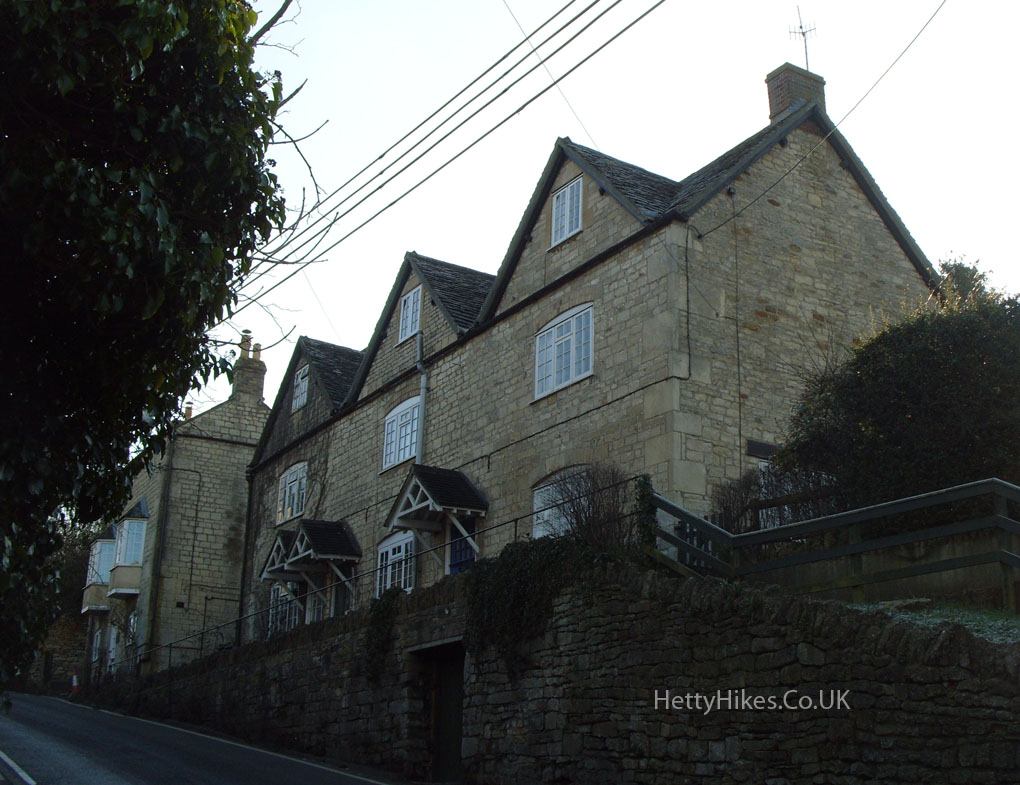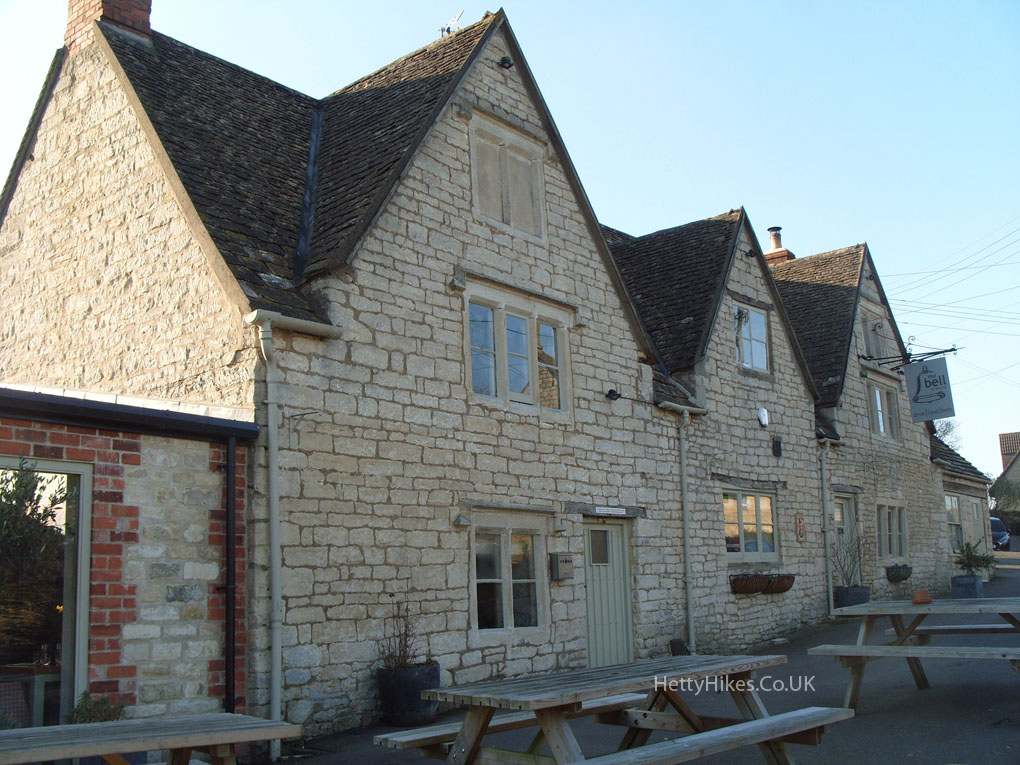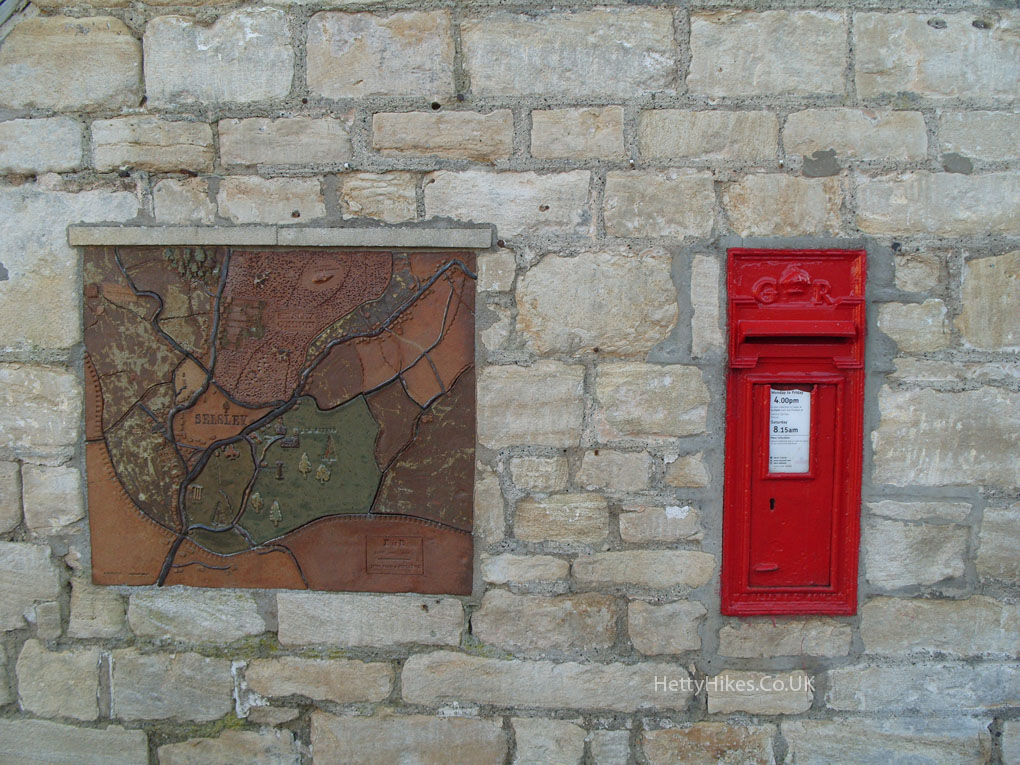Stroud, Gloucestershire Photos by Hetty
21st September 2022 – Views from Selsley Common, early evening
River Severn to Doverow
View over Selsley church
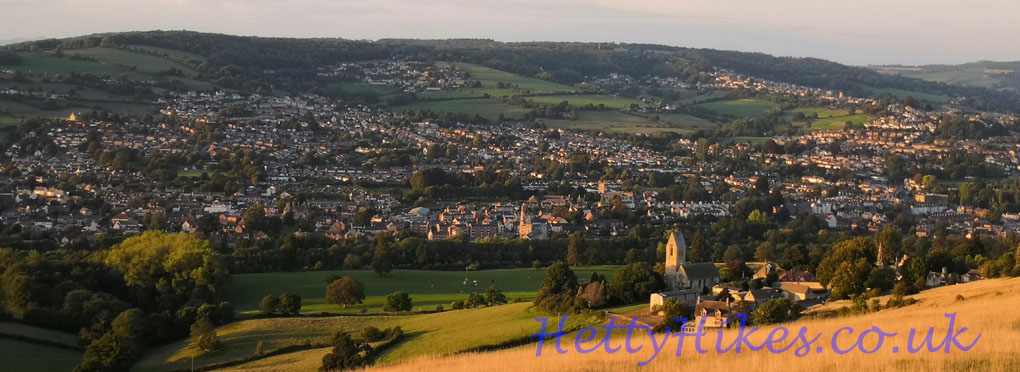 ~~~~~~~~~~~~~~~~~~~~~~~~~~~~~~~~~~~~~~~~~~~~~~~~~~~~~~
~~~~~~~~~~~~~~~~~~~~~~~~~~~~~~~~~~~~~~~~~~~~~~~~~~~~~~
21st January 2017 Map of walk nearly 2 miles, on a cold and frosty, but sunny morning.
Selsley is part of Kings Stanley and its name was once “Stanleyend”.
An ancient route was from Dudbridge up to Selsley, then either along Water Lane to Woodchester, Nailsworth and on to Bath, or Pooles Lane to Kings Stanley and on to Dursley. This was before the toll road (about 1800) to Uley was built, and the New Road in the 1930s
We parked above The Bell and looked over to Rodborough
Rodborough Fort
Rodborough Court and Church, and Walkley Hill – part of an ancient route from Dudbridge to Minchinhampton.
Uplands, Stroud, is beyond
Horses looking at Cashes Green, Cainscross and Paganhill
There are disused quarries on Selsley Common
Selsley Church with Doverow Hill behind
Ebley, and where Hetty’s family used to live
Looking over The Stanleys towards the River Severn – in the mist
Stonehouse is to the left of Doverow Hill
Ebley, Cashes Green, Cainscross and Paganhill
Painswick is in the middle-distance
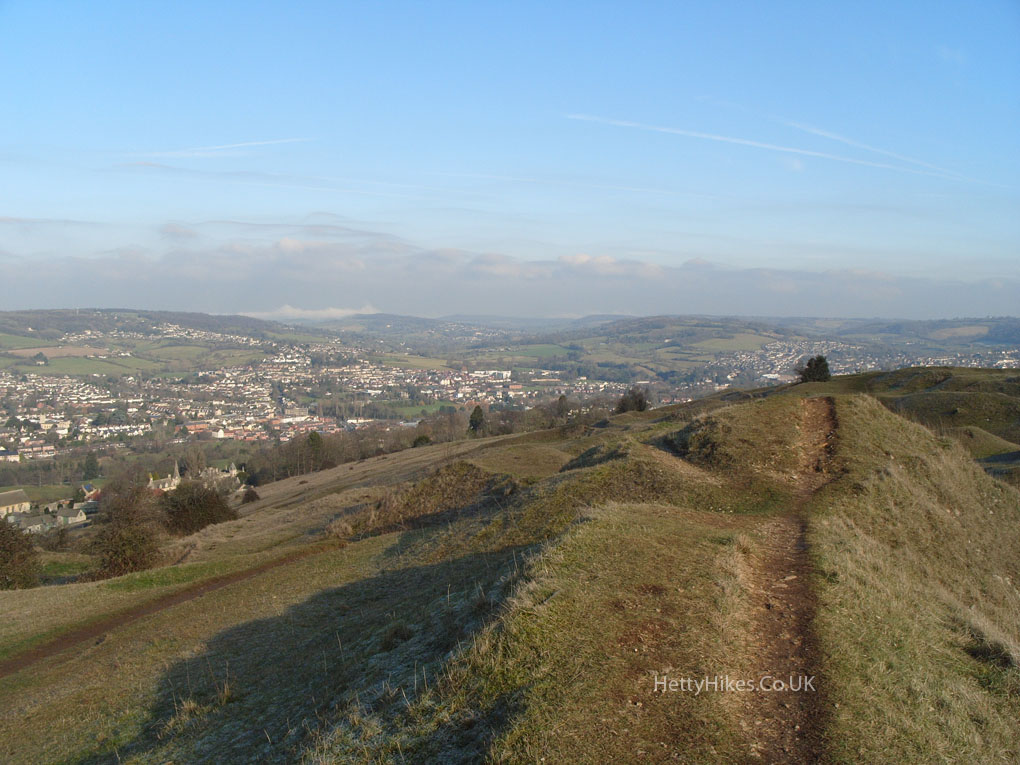 Mountain bikers enjoying the dips and hollows
Mountain bikers enjoying the dips and hollows
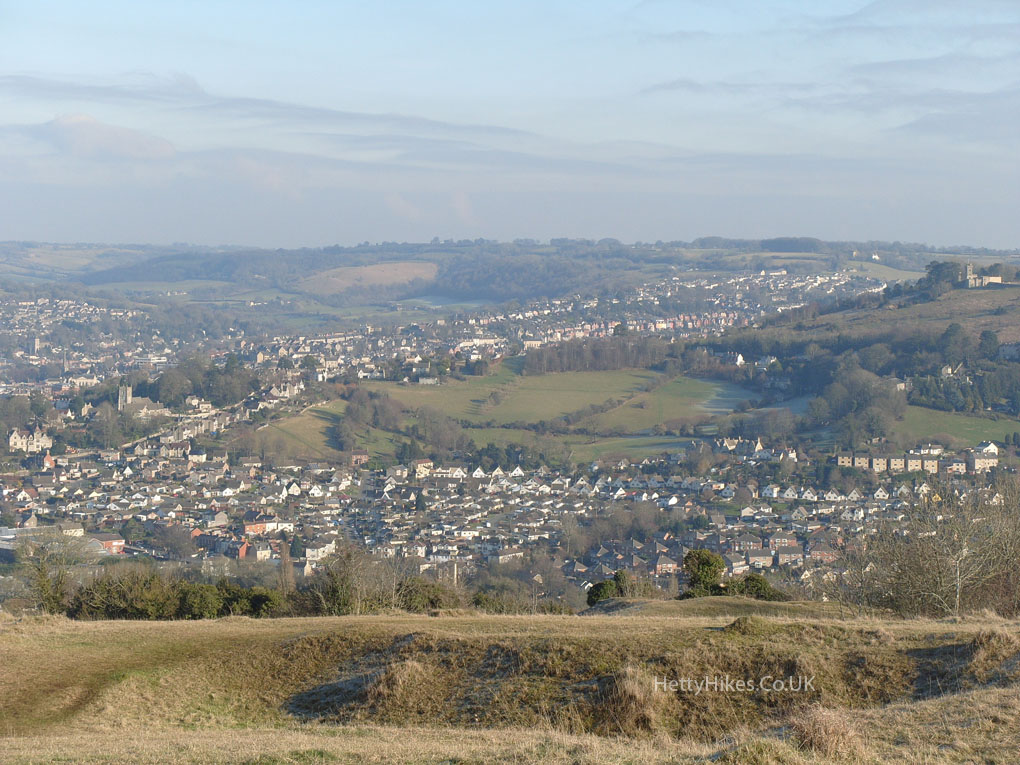 Selsley Church is between Peaked Elm Farm and Stanley Park
Selsley Church is between Peaked Elm Farm and Stanley Park
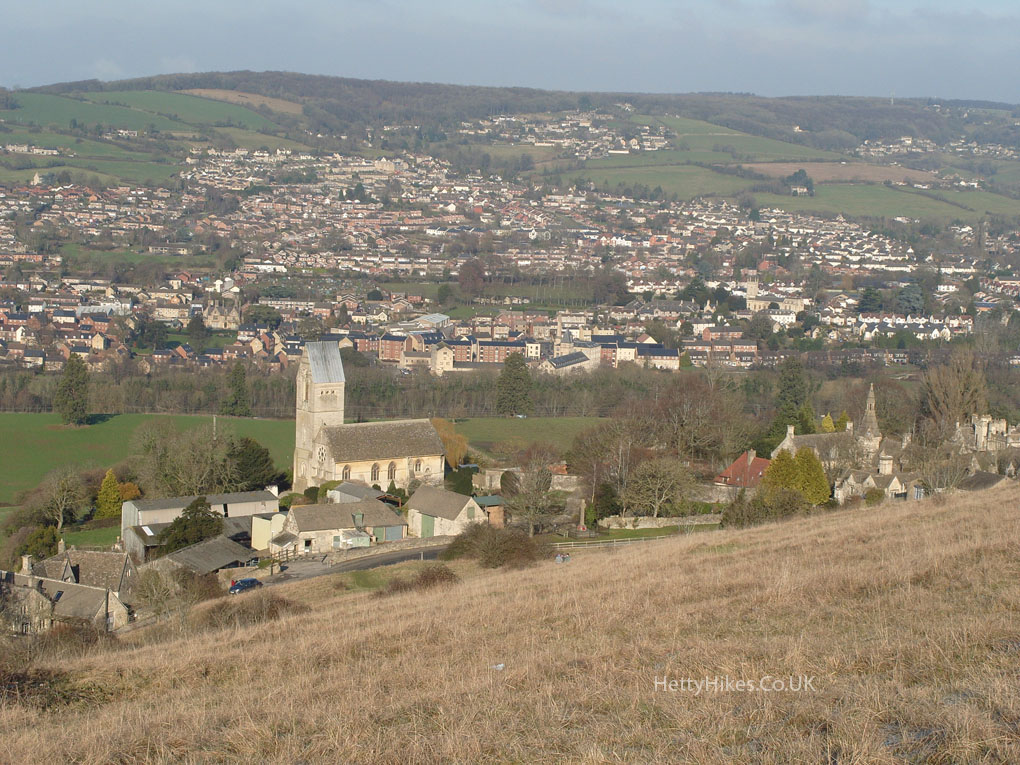 Peaked Elm Farm – originally named “picked elm” meaning pointed or spikey. Once owned by the Wathen family and in 1918 by Sir William Marling
Peaked Elm Farm – originally named “picked elm” meaning pointed or spikey. Once owned by the Wathen family and in 1918 by Sir William Marling
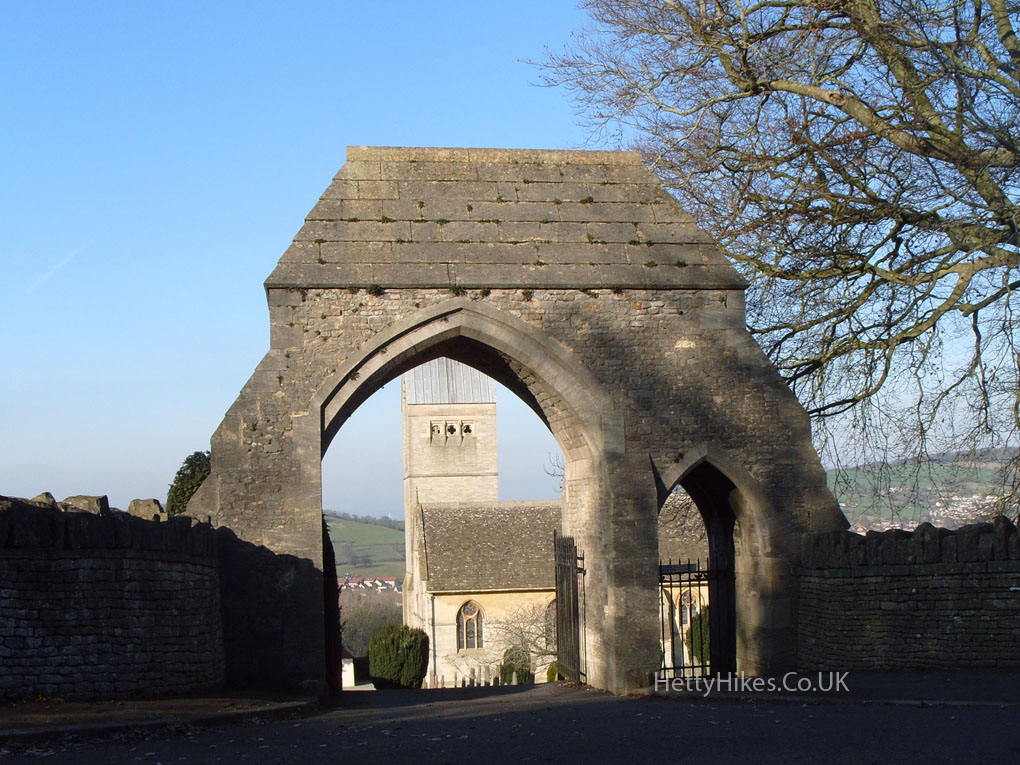 Selsley Church was built for Samuel Marling in the 1860s and was based on a church in the village of Marling in the Tyrol
Selsley Church was built for Samuel Marling in the 1860s and was based on a church in the village of Marling in the Tyrol
The stained glass is by William Morris’ company
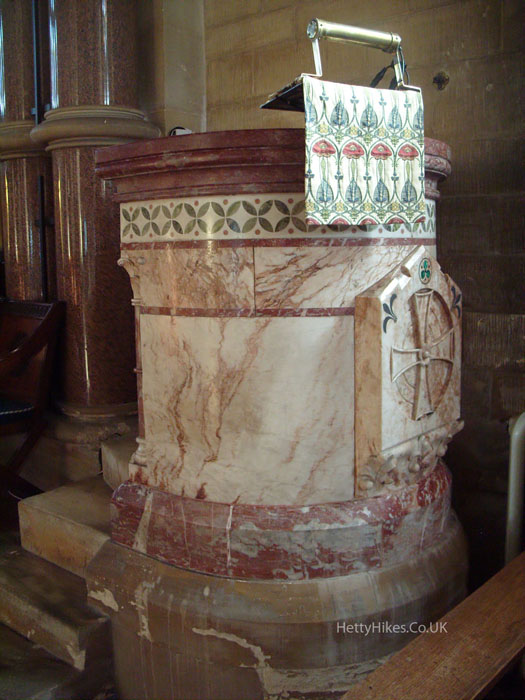 Stanley Park – There was an Elizabethan manor house here, which was rebuilt in the mid 1700s, when it was ‘Thomas Pettat‘s great house’. It was bought in 1850 and altered by Samuel Marling (later Sir), and it stayed in the Marling Family for 100 years, until the huge estate was sold in 1952. There is more information about the Marling Family and Stanley Park at www.stroudlocalhistorysociety.org.uk/people-places/people/marling and Historic England Archive
Stanley Park – There was an Elizabethan manor house here, which was rebuilt in the mid 1700s, when it was ‘Thomas Pettat‘s great house’. It was bought in 1850 and altered by Samuel Marling (later Sir), and it stayed in the Marling Family for 100 years, until the huge estate was sold in 1952. There is more information about the Marling Family and Stanley Park at www.stroudlocalhistorysociety.org.uk/people-places/people/marling and Historic England Archive
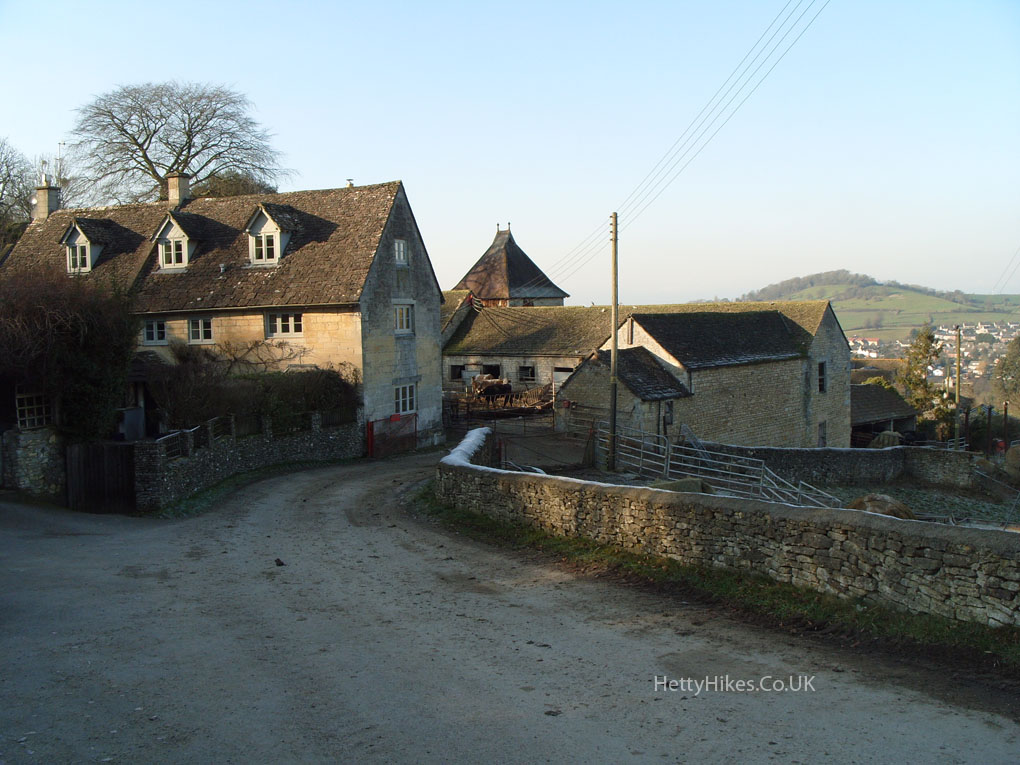 The Old Forge – now part of the scout hut
The Old Forge – now part of the scout hut
The Green dates from the 16th century. Stephen and William Harrison lived here in 1861. They were the builders of Selsley Church
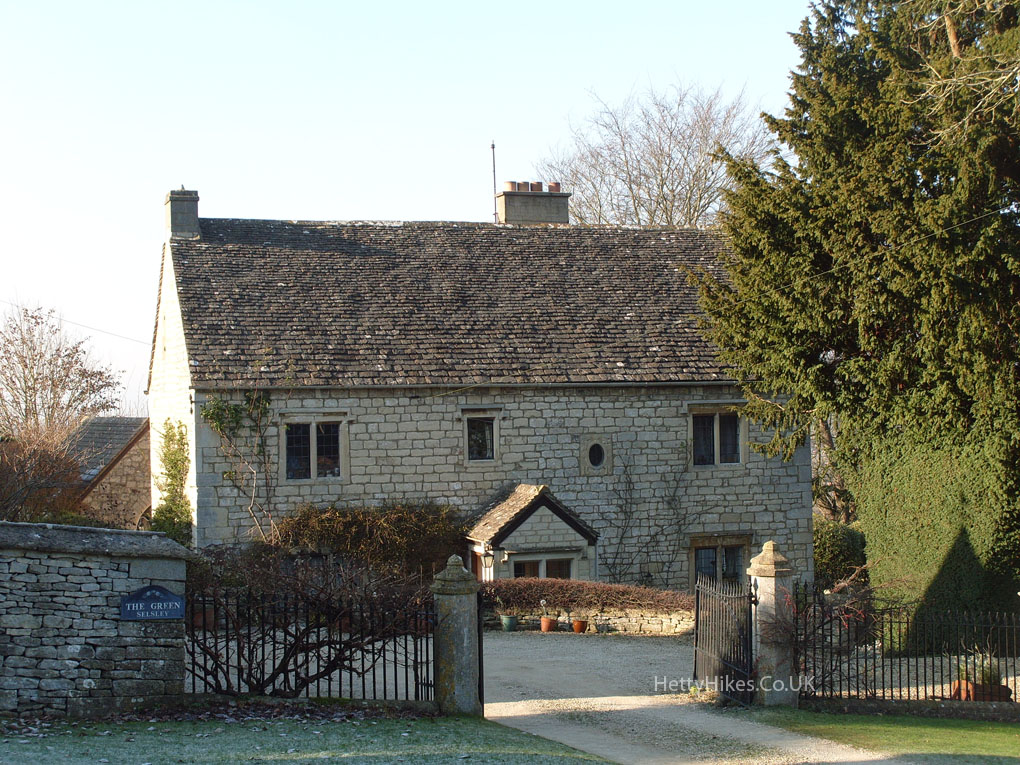 Former Vicarage. It is at the bottom of New Road, which was built in the 1930s (as Pooles Lane is so narrow (see later)
Former Vicarage. It is at the bottom of New Road, which was built in the 1930s (as Pooles Lane is so narrow (see later)
Pooles Lane – the bottom of this old road is very narrow, hence the reason for New Road
Former village school – built by Samuel Marling in 1865
This was the 1st Nag’s Head Inn – closed 1869
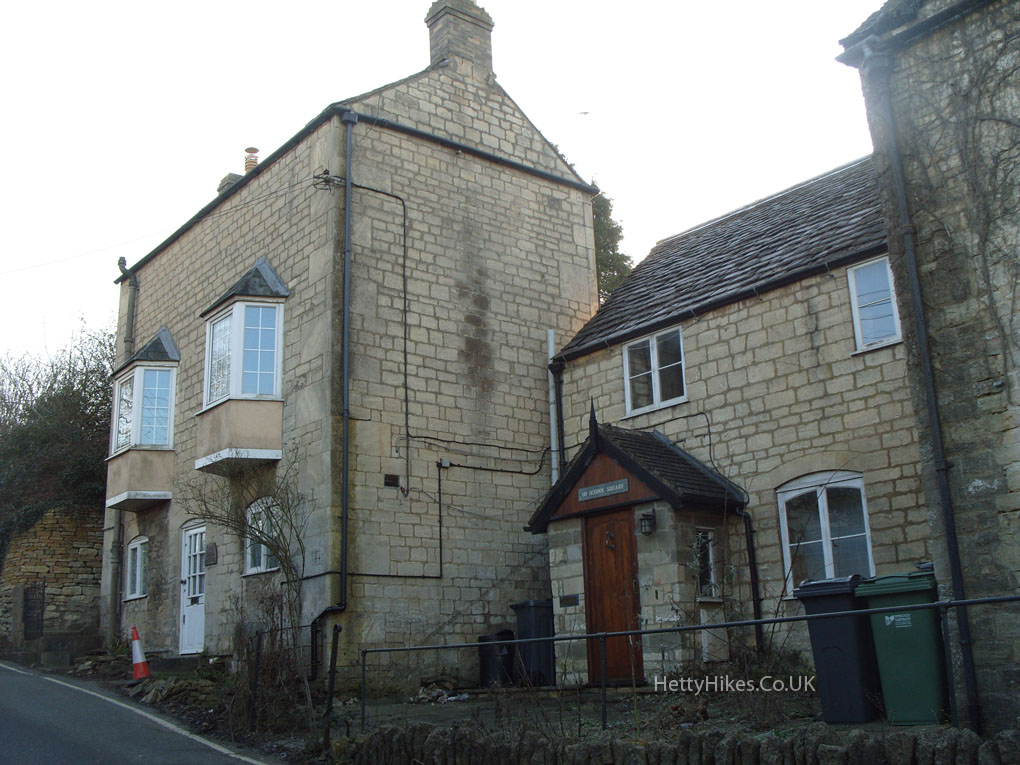 The 2nd Nag’s Head Inn was open 1869 to 1935
The 2nd Nag’s Head Inn was open 1869 to 1935
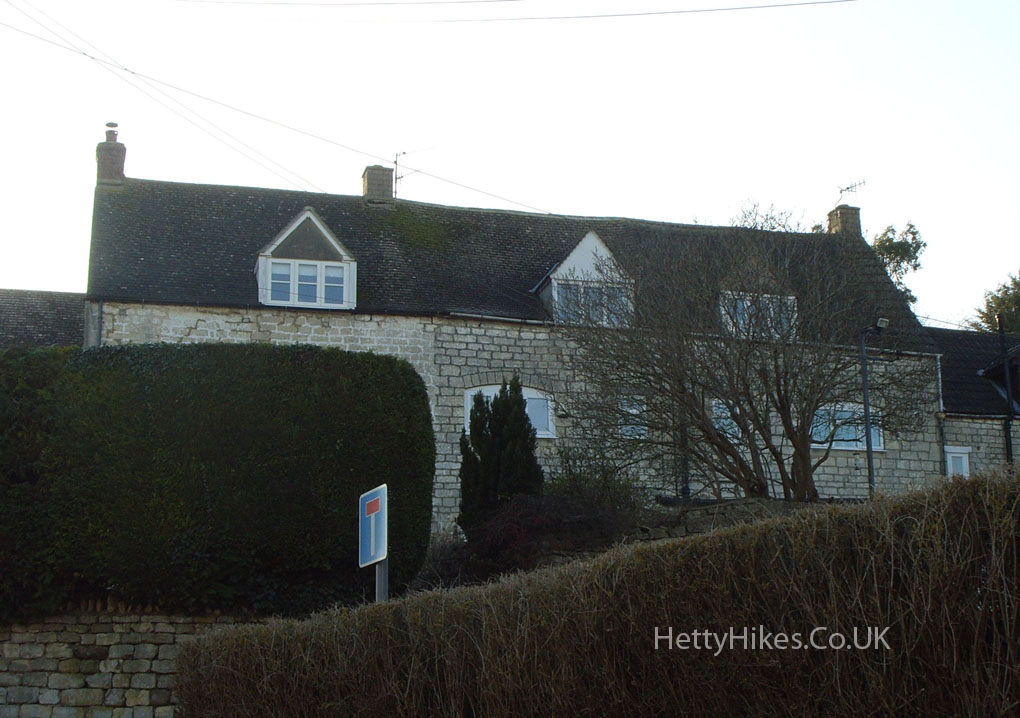 The Bell dates from the 17th century
The Bell dates from the 17th century
Near by:


